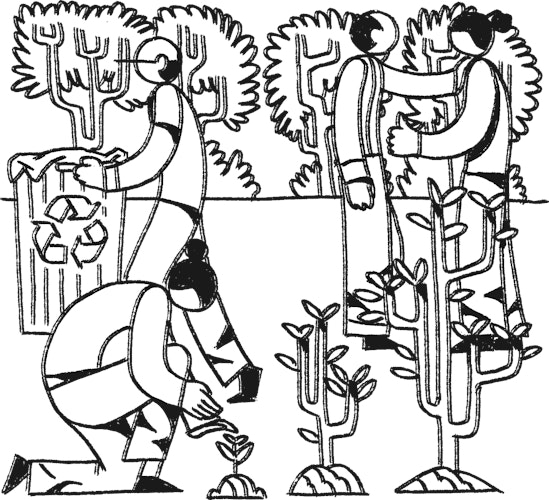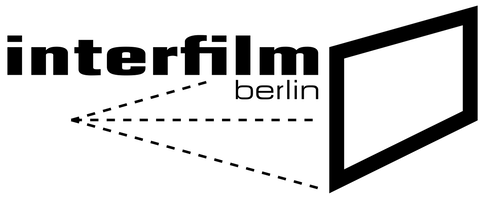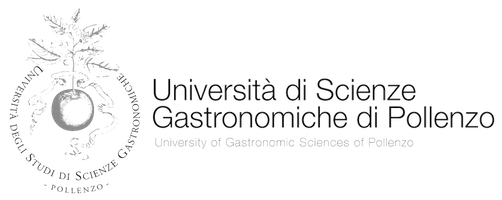Die grüne Lüge
Directed by
How far do our purchasing preferences influence the growth of a sustainable economy? Can green products be taken at face value or is the green just a sales gimmick? To find the answer, Werner Boote and ecologist Kathrin Hartmann investigate what's behind the claim certain companies make about their processes and products. From the BP Deep Water oil rig disaster to the wildfires of the Indonesian pluvial forests triggered by palm oil producers, to the effects of livestock raising on the indigenous populations of Brazil, the debate continues to stir controversy. Noam Chomsky and Raj Patel voice their opinions on these issues.
They ask me the question: What is greenwashing and why does it work so well as to manipulate our choices? In the 1970s people began to see that industry was harming nature and the planet’s resources. Environmental questions became a subject of interest for public opinion and the world of industry had to react somehow. It thus began to tell “green lies” and present itself as eco-friendly, fair and sustainable. In the 40 years since then, these lies have become increasingly sophisticated, a lot of money has been invested in marketing and now there are whole departments devoted to greenwashing in every large corporation.
Ultimately, there is only one great lie: the deceit with which industry unloads responsibility on the individual, making us believe that by buying one product rather than another we can save or destroy the planet. But as the economist Raj Patel, who is interviewed in the film, says, we can’t expect an individual reading a label at the supermarket to understand how much a product harms the oceans and rain forests, how much of an impact it has on the climate and so on. It’s impossible. Of course, we are responsible for buying products that do not harm the environment, but we also have the right to expect industry to stop producing harmful products, irrespective of certifications of sustainability. The only way to really change things is to move in the direction of a democratic economic system centered around human rights and the rights of nature without subordinating them to profit. We need a revolution for sure, but it can be a peaceful solution, like the one presented in the French film Demain, for example.
The key to everything is not to think one is alone. It is important to engage actively, to join organizations, to seek out other mindful people who want to change the economic system in order to form a critical mass. We also have to speak about these topics through documentaries, which provide food for thought and help create awareness.








